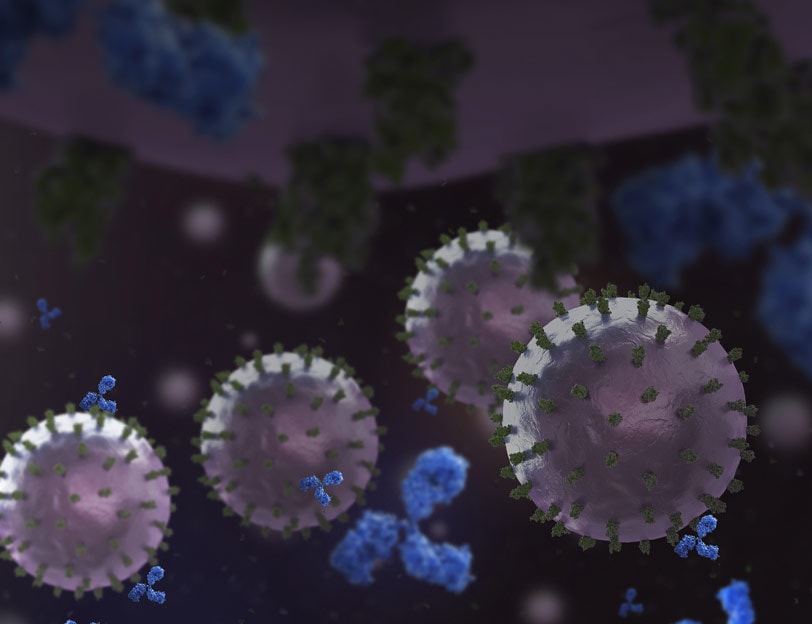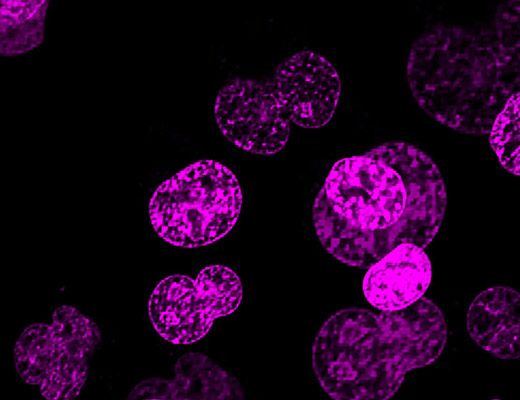Protein Purification
Protein purification is fundamental to the study of protein function and involves a series of processes to express, enrich and purify a protein of interest from a complex mixture such as cell lysate. The fastest and most powerful method for this purpose is affinity purification. We offer a range of protein purification kits and reagents for purification of recombinant proteins using affinity tags such as HaloTag, GST- or His-tag. We also offer Magne® Protein G/A Beads, which provide an easy-to-use and rapid method for purification of polyclonal and monoclonal antibodies from serum, ascites fluid and cell culture medium.
Top Protein Purification Products for Your Lab
Magne® Protein G and Magne® Protein A Beads
Magnetic affinity beads with Protein A or G for Ab purification from culture media, ascites and serum samples.
G7471, G7472, G7473, G8781, G8782, G8783
High Capacity Magne® Streptavidin Beads
Magnetic affinity beads for binding biotinylated antibodies and proteins from complex biological samples with low nonspecific binding.
V7820, V7830
Magne® HaloTag® Beads
Magnetic capture of HaloTag® fusion proteins for protein pull-downs and purification. Magnetics enable streamlined protein purification, eliminate multiple centrifugation steps.
G7281, G7282
Need a product modified?
Contact us to discuss custom and bulk formulations, custom packaging and automation options for protein purification products.

Protein Purification Basics
Protein purification is a fundamental step for analyzing individual proteins and protein complexes. Escherichia coli remains the first choice of many researchers for producing recombinant proteins due to ease of use, rapid cell growth and low cost of culture. Proteins expressed in E. coli can be purified in relatively high quantities, but these proteins, especially eukaryotic proteins, may not exhibit proper protein activity or folding. Cultured mammalian cells offer an alternative option for producing properly folded and functional mammalian proteins with appropriate post-translational modifications.
To simplify purification, affinity purification tags can be fused to a recombinant protein of interest. Common fusion tags are polypeptides, small proteins or enzymes added to the N- or C-terminus of a recombinant protein. The first step in purification of a recombinant protein is the preparation of the cell lysate or supernatant. For secreted proteins, minimal supernatant preparation is required, followed by selective binding, washing and elution of the purified protein. After purification the protein may be cleaved with a protease to remove the affinity tag.


